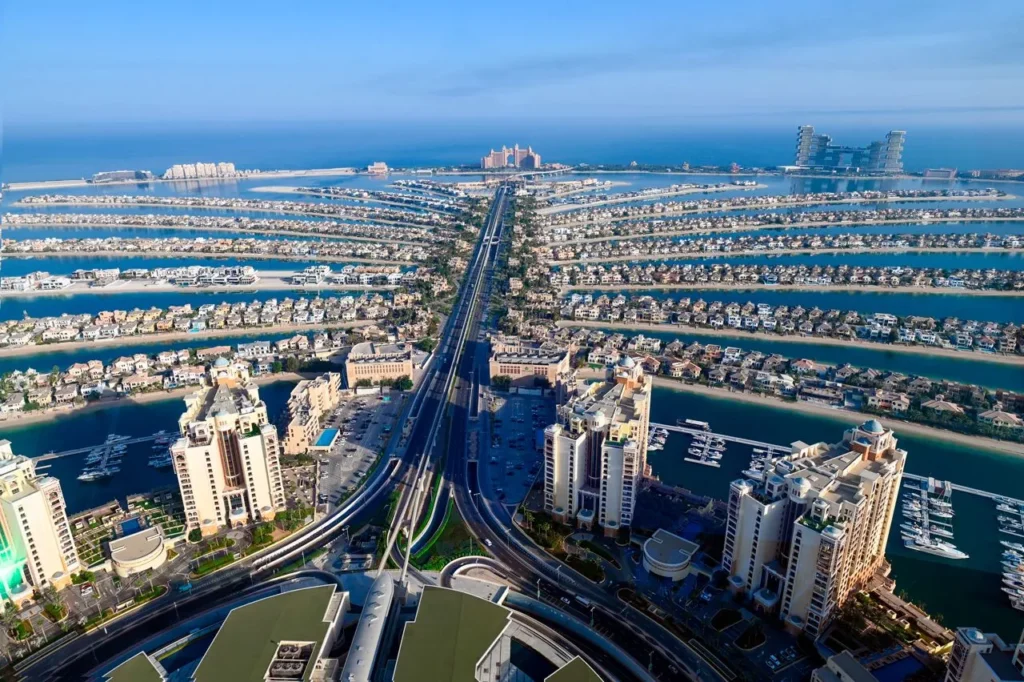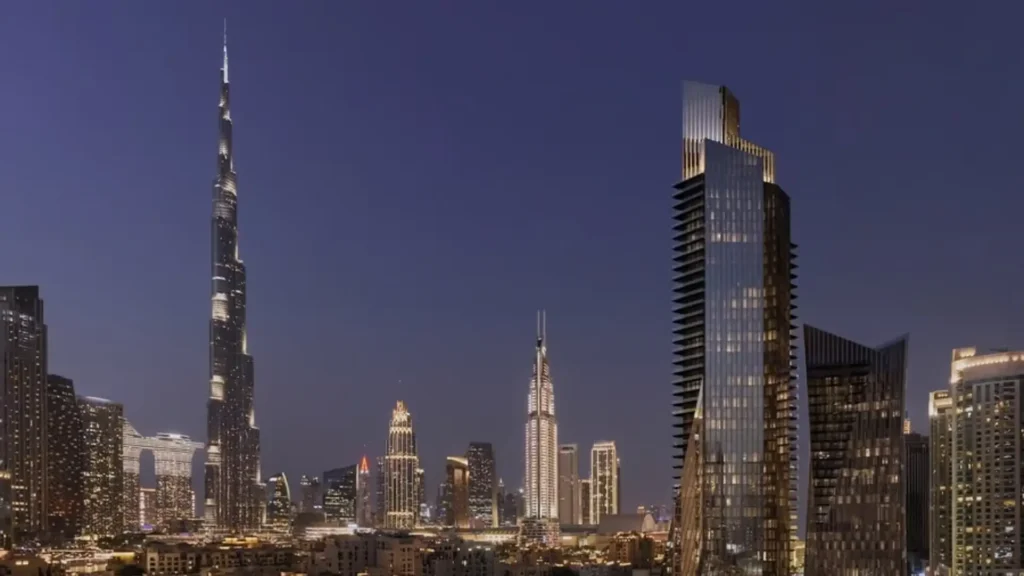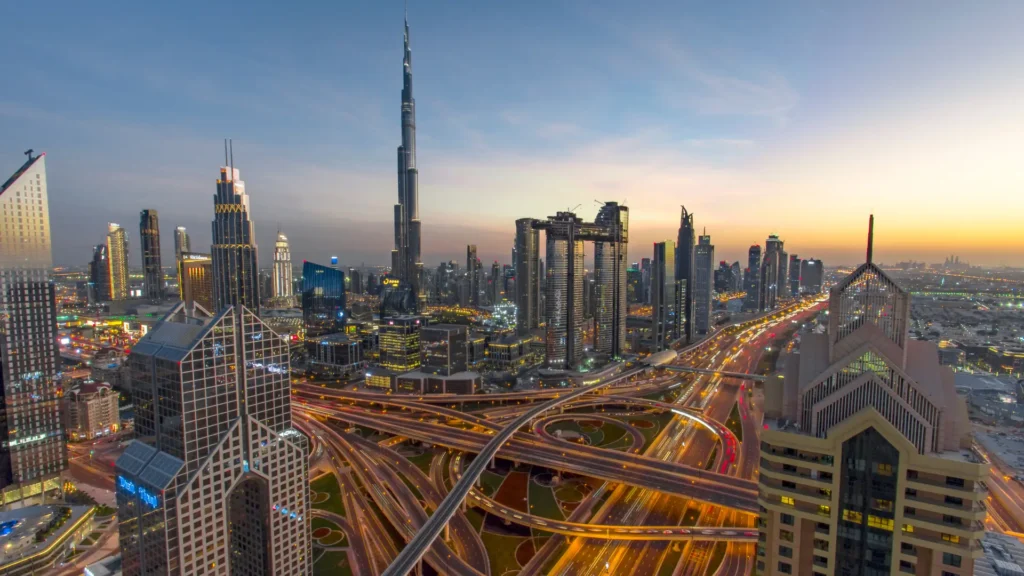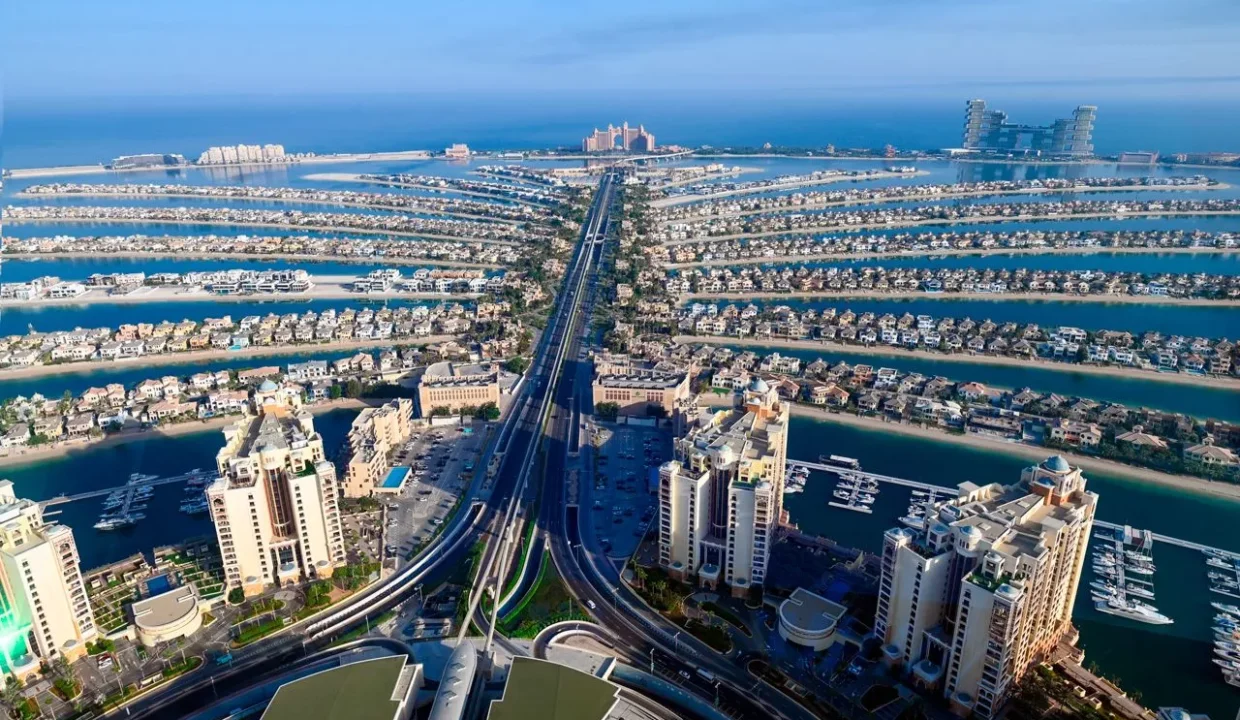The Dubai Real Estate Market in 2024: Key Trends and Insights
Dubai’s real estate market has always been a subject of global interest, known for its rapid growth, innovative projects, and luxurious living options. As we step into 2024, several key trends are shaping the market, making it a dynamic and exciting landscape for investors, developers, and homebuyers alike. This blog delves into the main trends influencing the real estate market in Dubai this year.
High Demand for Homes
One of the most significant trends in Dubai’s real estate market in 2024 is the sustained high demand for homes. Several factors contribute to this trend, including:
- Economic Growth: Dubai continues to experience robust economic growth, attracting expatriates and investors from around the world. The city’s strategic location, business-friendly environment, and high quality of life make it a desirable place to live and work.
- Population Increase: The population of Dubai is steadily increasing, driven by both natural growth and an influx of expatriates. This population growth fuels demand for residential properties, from apartments to villas.
- Government Initiatives: The Dubai government has introduced several initiatives to attract foreign investors and homebuyers. These include long-term visas for property investors, retirement visas, and other incentives that make property investment in Dubai more attractive.
The high demand for homes is expected to continue, with a particular emphasis on properties that offer modern amenities, strategic locations, and excellent connectivity.

Growth in Real Estate Value
Alongside the high demand for homes, there has been a notable growth in real estate values in Dubai. Several factors are driving this appreciation in property prices:
- Limited Supply: While demand for homes remains high, the supply of new residential properties is not keeping pace, leading to an increase in property values.
- Premium Developments: Developers are focusing on premium, high-quality developments that cater to the luxury segment of the market. These projects often come with a higher price tag, contributing to overall market value growth.
- Investor Confidence: Increased investor confidence, bolstered by government initiatives and economic stability, is pushing property prices upward.
Investors and homebuyers are recognizing the long-term potential of Dubai’s real estate market, making it a lucrative option for capital appreciation.
Boom in the Luxury Housing Segment
The luxury housing segment in Dubai is experiencing a significant boom in 2024. This trend is driven by several factors:
- High-Net-Worth Individuals: Dubai continues to attract high-net-worth individuals (HNWIs) and ultra-high-net-worth individuals (UHNWIs) from around the world. These affluent buyers are seeking exclusive, high-end properties that offer luxury, privacy, and top-notch amenities.
- Iconic Developments: Developers are launching iconic and innovative projects that cater specifically to the luxury segment. These include waterfront villas, penthouses with panoramic views, and residences in branded developments.
- Lifestyle Offerings: The lifestyle offerings in Dubai, such as world-class dining, entertainment, and leisure activities, make it a preferred destination for luxury living.
The luxury housing market in Dubai is characterized by unique architectural designs, cutting-edge technology, and premium locations, making it a key driver of the real estate market.

Growth of Supply in the Secondary Real Estate Market
While the primary market sees significant activity, the secondary real estate market in Dubai is also witnessing growth. The secondary market refers to pre-owned properties that are being resold. Several factors contribute to this trend:
- Mature Market: As Dubai’s real estate market matures, more properties are transitioning from the primary to the secondary market. Homeowners are looking to upgrade or downsize, creating opportunities for resale.
- Investment Opportunities: Investors are increasingly looking at the secondary market for investment opportunities. These properties often offer better value for money compared to new developments and can be rented out or flipped for a profit.
- Variety of Options: The secondary market offers a wide variety of options, from affordable apartments to luxury villas, catering to different budget segments and preferences.
The growth in the secondary market provides buyers with more choices and flexibility, making it an essential component of Dubai’s real estate landscape.
Digitalisation and Innovation in the Real Estate Industry
The real estate industry in Dubai is undergoing significant digital transformation and innovation. Key developments include:
- PropTech: The rise of property technology (PropTech) is revolutionizing the way real estate transactions are conducted. From virtual property tours to blockchain-based contracts, technology is enhancing transparency, efficiency, and convenience.
- Smart Homes: The demand for smart homes equipped with the latest technology is on the rise. Homebuyers are looking for properties with integrated systems for security, lighting, climate control, and entertainment.
- Online Platforms: Real estate platforms and apps are becoming more sophisticated, providing users with comprehensive property listings, market insights, and transaction services.
Digitalisation is not only streamlining the buying and selling process but also improving the overall experience for all stakeholders in the real estate market.

Sustainability Principles
Sustainability is a crucial trend in Dubai’s real estate market in 2024. With growing awareness of environmental issues and a push towards greener living, several sustainability principles are being integrated into real estate projects:
- Green Building Standards: Developers are adopting green building standards and certifications, such as LEED (Leadership in Energy and Environmental Design), to ensure that new constructions are environmentally friendly.
- Energy Efficiency: There is a focus on energy-efficient building designs, including the use of renewable energy sources, energy-saving appliances, and sustainable materials.
- Eco-Friendly Communities: Master-planned communities that prioritize green spaces, pedestrian-friendly designs, and sustainable infrastructure are becoming more popular.
Sustainability is not only beneficial for the environment but also enhances the long-term value and appeal of properties, making it a key consideration for developers and buyers alike.
Conclusion
The real estate market in Dubai in 2024 is characterized by high demand for homes, growth in property values, a booming luxury housing segment, and an expanding secondary market. Digitalisation and innovation are transforming the industry, while sustainability principles are increasingly being integrated into real estate projects. These trends are shaping a dynamic and exciting market, offering numerous opportunities for investors, developers, and homebuyers. As Dubai continues to evolve, its real estate market remains a cornerstone of its economic success and global appeal.



